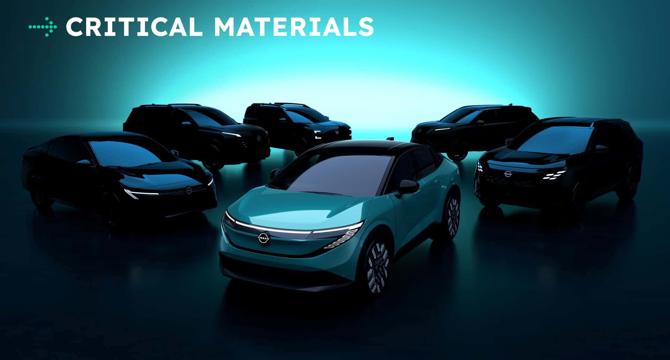Insideevs
1w
360

Image Credit: Insideevs
Car Companies Are Shifting Into Self-Preservation Mode
- Car companies like Nissan, Toyota, and Hyundai are focusing on self-preservation in the midst of financial uncertainties caused by factors like U.S. tariffs and market conditions.
- Nissan is planning to introduce 10 new models in the U.S. by 2027, aiming to reduce the development time for new cars to react faster to market demands.
- Toyota is revamping its EV projects with improved efficiency and larger batteries but has delayed the construction of a battery plant in Japan due to slowing global EV demand.
- Hyundai announced a $21 billion investment in the U.S., including a steel plant, to mitigate potential impacts of Trump's steel tariffs on Hyundai EVs.
- Analysts have raised concerns about Hyundai Steel's large debt and funding for the plant, questioning the benefits and execution risks associated with the new technology.
- Automakers are realizing the need to accelerate product development to keep up with the fast-changing market dynamics, with an emphasis on introducing new models swiftly.
- While Nissan's plans appear promising, Toyota's decision to backtrack on battery promises raises questions about its strategy amidst evolving market demands.
- The automotive industry is facing challenges to adapt quickly to changing tariffs and market conditions, prompting companies to strategize for long-term sustainability.
- The investments and initiatives by major car manufacturers reflect a shift towards proactive measures for self-preservation and competitiveness in the industry.
- Hyundai's investment in steel production in the U.S. is seen as a strategic move to alleviate potential tariff impacts and secure the supply chain for its EVs.
Read Full Article
21 Likes
For uninterrupted reading, download the app